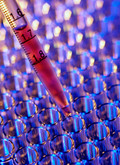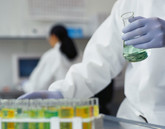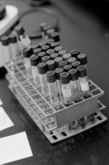Biosimilars/Research
|
Posted 18/01/2013
Period: January to August 2012
Biologicals are large, complex and heterogeneous proteins with variable molecular weights, typically ranging from 18,000 to 45,000 Da. The active substance of a biological is a collection of large protein isoforms and not a single molecular entity. This fact makes manufacturing of biosimilars much more of a challenge than when producing traditional small molecule generics. It also makes it highly unlikely that the active substances between two products are identical and makes it extremely difficult to establish biopharmaceutical equivalence using analytical techniques.























